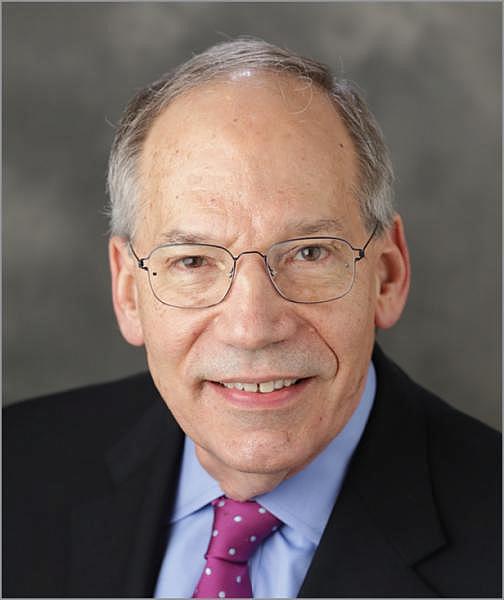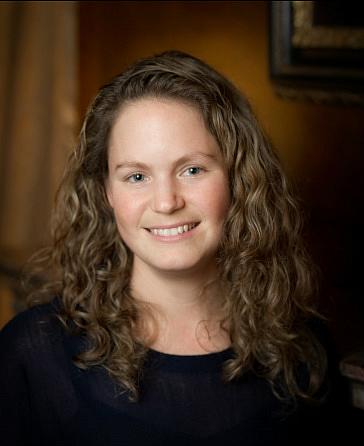Supersized: The Rise of the Hospital Giants
SINCE THE PASSAGE of the Affordable Care Act, hospital consolidation has dramatically increased. And the results, critics say, are rising costs and less competition. Hospitals are gobbling up smaller rivals; doctors are selling their practices to hospitals; and mega-hospitals are facing off against insurers with newfound negotiating power. Health reform was supposed to curb runaway health costs, but could it be bringing about just the opposite? Are health care “goliaths” increasingly dictating the prices and premiums we pay? And, are there steps that government and private companies can take to lower prices and improve quality in markets that have undergone consolidation? Our webinar will give an overview of these trends, clarify what’s at stake for consumers, and give journalists fresh ideas for reporting in new, incisive ways.
Webinars are free and made possible by the National Institute for Health Care Management Foundation.
The Health Matters Webinar series is supported by the National Institute for Health Care Management Foundation. The Center for Health Journalism is solely responsible for the selection of webinar topics and speakers.
Panelists
Martin S. Gaynor, Ph.D., the E. J. Barone Professorship of Economics and Health Policy at Carnegie Mellon University. His research focuses on competition in health care markets and the role of incentives within health care. Gaynor also is the former director of the Bureau of Economics at the Federal Trade Commission, and has served as a consultant to the U.S. Department of Justice and the California Department of Corporations on antitrust issues. He’s a research associate of the National Bureau of Economic Research in Cambridge, Mass., and the Centre for Market and Public Organization at the University of Bristol in the U.K.

Paul B. Ginsburg, Ph.D., is Norman Topping Chair in Medicine and Public Policy at the University of Southern California. Based in the Washington, D.C. area, he teaches health administration and conducts health policy research. From 1995 through 2013, he served as president of the Center for Studying Health System Change, which conducted research about changes in organization, financing and delivery of care and their effects on people. Ginsburg previously served as the founding executive director of the Physician Payment Review Commission (now the Medicare Payment Advisory Commission). The influential commission developed the Medicare physician payment reform proposal that was enacted by the Congress in 1989. Ginsburg was a Senior Economist at RAND and served as deputy assistant director at the Congressional Budget Office. He earned his doctorate in economics from Harvard University. He has been named to Modern Healthcare’s “100 Most Influential Persons in Health Care” eight times.

Margot Sanger-Katz is a domestic correspondent for The New York Times, where she covers health care for The Upshot, a website which features reporting, analysis and data visualizations about politics, policy and everyday life. She was previously a reporter at National Journal, where her 2012 cover story “The New Goliaths” was a widely praised look at how hospital consolidation could boost the price of health care. Previously, she was a reporter for the Concord Monitor, and an editor at Legal Affairs Magazine and the Yale Alumni Magazine. In 2014, she completed a Knight-Bagehot Fellowship in Economics and Business Journalism at Columbia University. Her recent work focuses on health policy and the business of health care, but previous stories have included New Hampshire's militia movement, the John McCain presidential campaign, Indiana's fight over daylight saving time, and the death penalty.
Margot Sanger-Katz's webinar slides:
Paul B. Ginsburg's webinar slides:
Martin Gaynor's webinar slides (discussed by Margot Sanger-Katz):
Suggested reading & resources
- “The New Goliaths,” by Margot Sanger-Katz, National Journal
- “Hospital consolidation: Is it raising costs?” by Brett Norman, Politico
- “Consolidation creating giant hospital systems,” by Melanie Evans, Modern Healthcare
- “New York’s leading health systems differ on growth strategy,” by Dan Goldberg, Capital
- “F.T.C. Wary of Mergers by Hospitals,” by Robert Pear, NYT
- “New Laws and Rising Costs Create a Surge of Supersizing Hospitals,” by Julie Creswell and Reed Abelson, NYT
- "Bigger Health Companies: Good for Medicare, Maybe Not for Others," by Austin Frakt, NYT
- “Hospital Mergers in the New York Area Bring Cost Fears,” by Josh Dawsey, WSJ
- “The Big Boys: hospitals and their pricing muscles,” by Trudy Lieberman, CJR
- “Finding the full story behind hospital mergers, consolidations,” Association of Health Care Journalists
- "Prognosis: Profits - The Charlotte Observer's 2012 investigation into non-profit hospitals," The Charlotte Observer
- “Unhealthy System: Is medical giant Partners HealthCare good for Massachusetts?” The Boston Globe
- “The Impact of Hospital Consolidation,” Robert Wood Johnson Foundation
- “Hospital consolidation trend to continue,” Healthcare Financial Management Association
- "Vertical Integration: Hospital Ownership Of Physician Practices Is Associated With Higher Prices And Spending," Laurence C. Baker et al., Health Affairs
- "Addressing Pricing Power in Health Care Markets: Principles and Policy Options to Strengthen and Shape Markets," National Academy of Social Insurance
- "Is the System Really the Solution? Operating Costs in Hospital Systems," Lawton Robert Burns et al., Medical Care Research and Review
- "Seeking Lower Prices Where Providers Are Consolidated: An Examination Of Market And Policy Strategies," by Paul B. Ginsburg and L. Gregory Pawlson, Health Affairs
- "Viewpoint: Competition Policy In Health Care Markets: Navigating The Enforcement And Policy Maze," by Martin Gaynor, Health Affairs
- "Briefing: Provider Consolidation in Health Care," by Health Affairs
